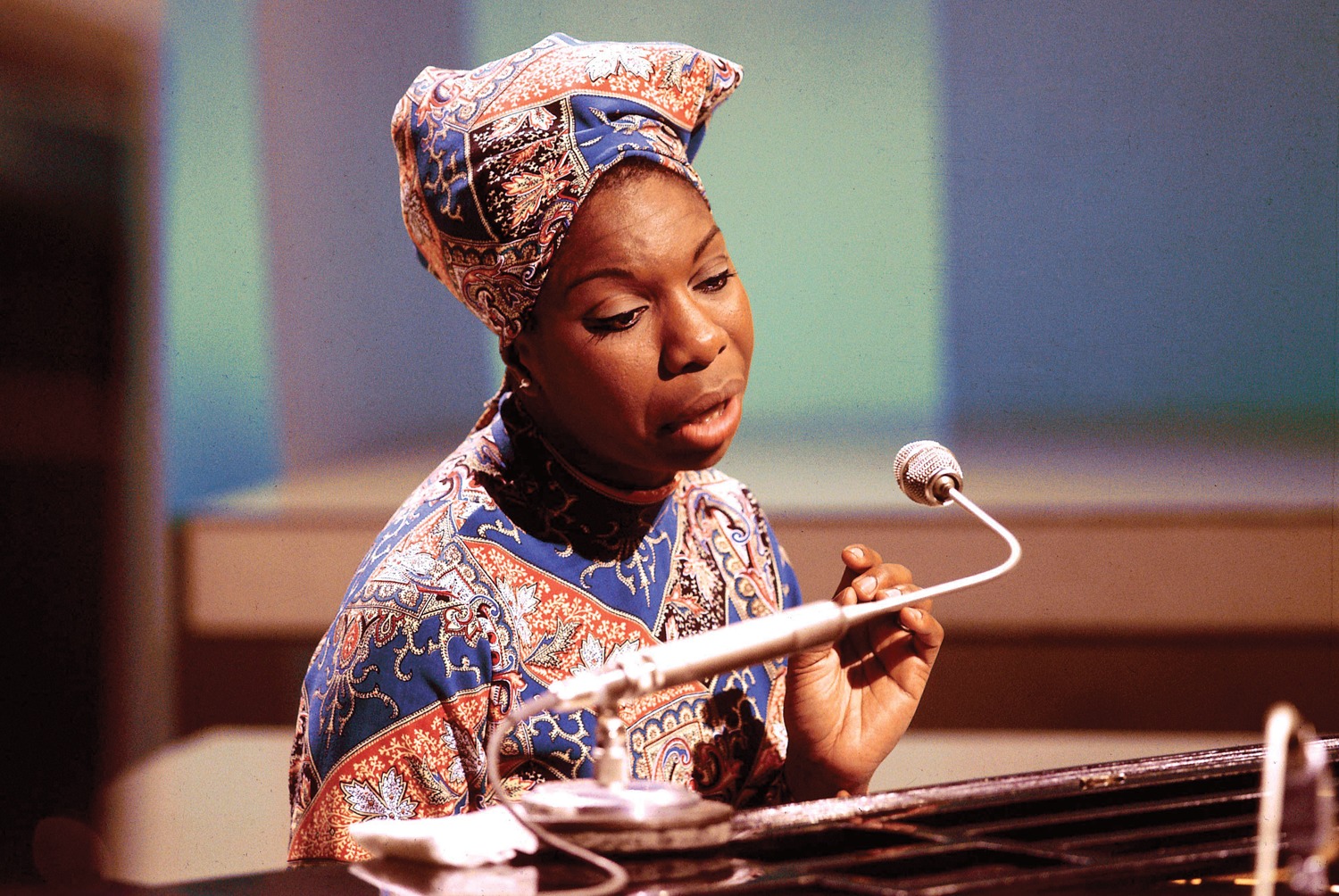Remember Nina Simone
I recently read But What If We're Wrong?: Thinking About the Present As If It Were the Past by Chuck Klosterman. The premise of the book is to predict the future by looking at how past predictions were wrong, and how they could have been right. As usual Chuck Klosterman takes on sports and culture, with some random asides about The Real World.
The most compelling section was where he tried to predict the future of Rock. He looked back at music of the past, pointing out that most people remember one person from each era of music. So most people know Bach from the baroque, Mozart from the classical, and Beethoven from the romantic era. He made the interesting point that surviving history is about being recognized by people who know nothing about the subject, rather than by people who are specialists. Specialists can name several playwrights from the 1500s, for example, but most of us can only name Shakespeare.
In the domain of rock, he said The Beatles are the logical choice to represent rock music. Still, he pointed out that it's easier to remember a single individual whose story relates to the art itself. So Bob Dylan or Elvis Presley might emerge rather than The Beatles. Then he pointed to arguments for various rock musicians and why they might turn out to be true.
It was all very interesting, but it just got me thinking about jazz. In one hundred years, who might emerge to represent all of jazz?

The obvious choice is Duke Ellington. His career spanned most of jazz, even though he retained his own distinct style throughout. He was influential as both a composer and a band leader.
Another choice might be Louis Armstrong. He invented the jazz solo as we know it today, and he performed a few of the most popular jazz tracks ever recorded.
After them, the waters get more murky. Benny Goodman made jazz popular music. Miles Davis sold more records than even Louis Armstrong. Marian McPartland brought jazz into the home long after most people had given up on it. Heck, maybe Johnny Costa will be remembered for his role as the music director of Mr. Rogers Neighborhood.
I think that it will probably be a composer. Prior to the late 19th century, the only recorded history of music was written down on paper. This is why we remember Mozart the composer, rather than the people who performed his music. We still tend to think people who write music are more important than people who perform it, even when we have recordings of great performers. That's a big reason why it will probably be Duke Ellington who is ultimately remembered.
But this strikes me as wrong. Jazz is the first music that is truly a recorded music throughout its entire history. If humanity is around in one hundred years, then jazz recordings will still exist. So couldn't it, perhaps, be the greatest performer who survives?
Also the focus of jazz is on the improviser. Jazz is a kind of folk music, where the performer subjugates the composition to his own interpretation. So perhaps the greatest interpreter of jazz will be remembered.
In either case, it has to be Nina Simone. No other performer expressed the full range of human emotions in a single performance. Even Louis Armstrong tended toward jubilation in his performances. He never reached the depths that Nina Simone explored in I Loves You Porgy or Willow Weep for Me.
There are two arguments against Nina Simone. First, that she was closer to a pop singer than a jazz singer. Second, that she isn't known for her compositions.
Nina Simone wasn't a pop singer. That's what we would call her today because her category no longer exists. She was a cabaret singer. When she was unfairly rejected for a scholarship to study classical piano at The Curtis Institute in Philadelphia, she supported herself by playing popular music in bars and restaurants. She would sing and play whatever songs were on the radio. It was a very demanding job, and playing those songs night after night is what molded her into the greatest interpreter both as a vocalist and a pianist.
To the second objection, that she isn't remembered for her compositions, I can only point to her unforgettable performance of Mississippi Goddamn, a composition of her own. With a cheerful piano accompaniment, and a melody that pushes the piece forward, she managed to write and perform a song that defines courage. The music is a beautiful, confident show tune that carries lyrics about one of the worst tragedies in American history. The effect is a better expression of the black experience in this country than any other performance in jazz.
So please, remember Nina Simone.
Here's my playlist of Nina Simone's best tracks to help her cause.
